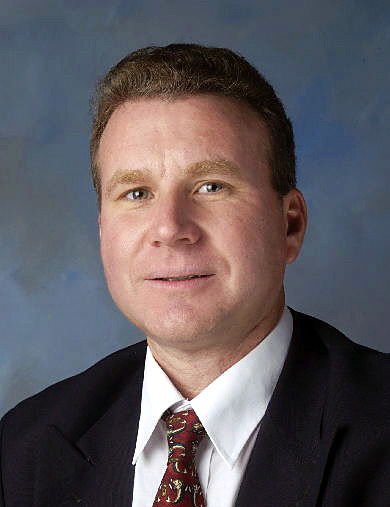Approximately 10 percent of the present world population (roughly 600 million people) is estimated to live on or below an equivalent economic level of $1 per day, and approximately half of the world population (3 billion people) live on or below an equivalent economic level of $2 per day.
Yet almost universally, from failed domestic policies in countries around the world to dysfunctional national and international institutions, the typical proposals to reduce poverty continue to frame the problem as one of a lack of physical resources, unjust terms of trade, and unfair capital flows. Characteristic of this mindset are calls for increased government-to-government financial aid, which tends to suppress the development of a strong and secure entrepreneurial sector capable of hastening private economic development in the recipient country.
There are many practical examples of market-based solutions that have worked to end poverty. There is no dearth of talent, intelligence, and enterprise that can’t be harnessed to liberate the bulk of the world’s population from the desperation in which they now lead their lives. Instead, the challenge in the Information Age is to bring together the scholarly research on innovative solutions to ending poverty—research that is based on the entrepreneurial spirit shown by millions of destitute people around the world in their everyday lives and on the success stories of countries that have made recent progress toward economic and social development. We believe that showcasing and disseminating these solutions in an attractive and effective manner will help create an environment in which these innovations can take root and thrive.
The solutions to worldwide poverty lie in institutional changes—changes that occur only as the result of a shift in popular and intellectual perceptions. In order to foster these changes, The Independent Institute has created the Center on Global Prosperity to bring together the intellectual, moral, and practical analyses necessary to shed light on the viability of market-based solutions. The results of these studies are utilized to produce books, conferences, and major media programs for academic, political, business, religious, and civic leaders, as well as the general public.
Center on Global Prosperity News Releases
About the Independent Institute Centers
Each center is tasked with assessing, refining, and proposing innovative solutions to pressing social and economic challenges. Our programs focus on three core components: rigorous scholarly research, insightful publications, and the strategic dissemination of findings to opinion leaders and the public through conferences and media initiatives.
By fostering evidence-based solutions, our centers encourage informed discussions that can be scrutinized not just by experts, but also by media influencers, business leaders, religious organizations, engaged citizens, and policymakers. Our goal is to promote rational, objective dialogue that sheds light on key issues and shifts public discourse away from interest-group politics.



























